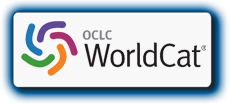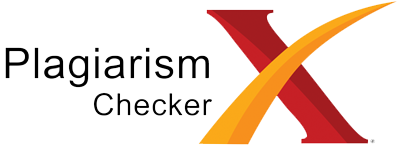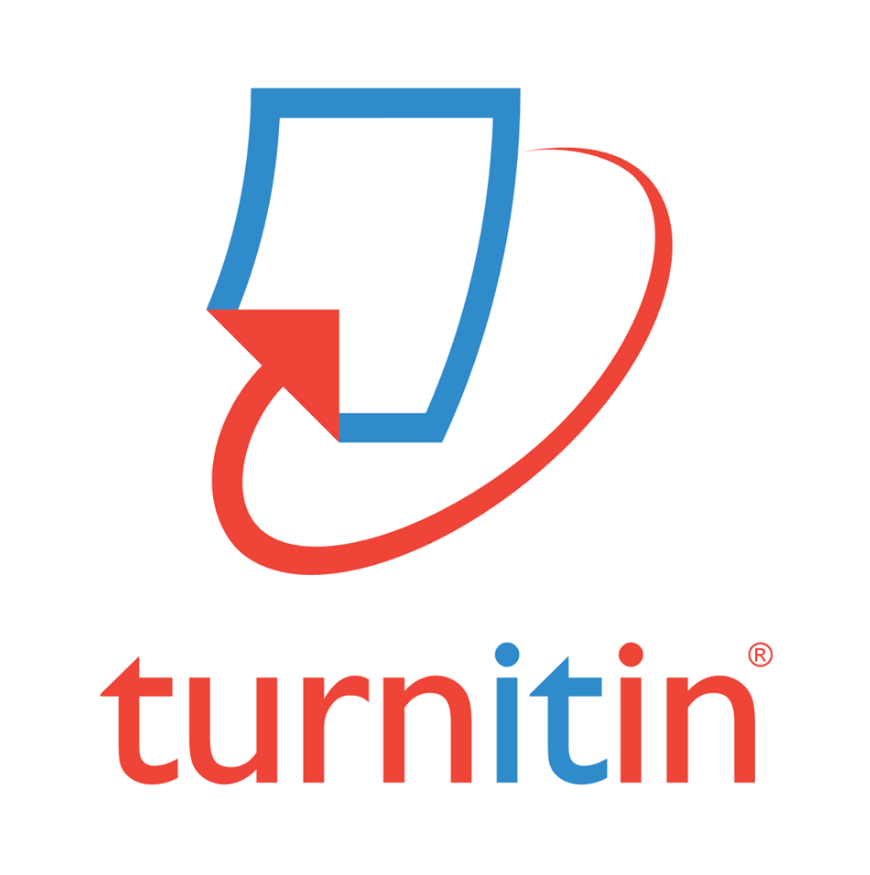Kajian Kegunaan Google Classroom dalam Meningkatkan Kemampuan Berpikir Kritis Peserta Didik
Abstract
Abstrak: Pendidikan merupakan suatu upaya untuk mencerdaskan kehidupan bangsa dan membentuk manusia yang mampu bersaing di era revolusi industri 4.0. Pesatnya teknologi informasi dan komunikasi telah berkontribusi pada sektor pendidikan. Tujuan dalam penelitian yaitu mengungkap kemampuan yang harus dimiliki abad ke 21 yaitu kemampuan berpikir kritis dan kemahiran mengoperasikkan teknologi. Penelitian ini menggunakan metode analisis isi deskriptif dengan jenis analisis konten yang dirancang untuk mendeskripsikan konten informasi atau teks tertentu dengan melakukan analisis terhadap berbagai artikel ilmiah nasional, internasional maupun sumber lainnya terkait penggunaan Google Classroom selama pandemi COVID-19 dalam meningkatkan kemampuan berpikir kritis peserta didik. Dengan hasil temuan bahwa penggunaan google classroom dapat meningkatkan kemampuan berpikir kritis peserta didik.
Abstract: Education is an effort to educate the nation's life and form humans who can compete in the era of the industrial revolution 4.0. The rapid development of information and communication technology has contributed to the education sector. The purpose of this research is to reveal the abilities that must be possessed by the 21st century, namely the ability to think critically and the ability to operate technology. This study uses a descriptive content analysis method with a type of content analysis designed to describe certain information or text content by analyzing various national, international, and other sources of scientific articles related to the use of Google Classroom during the COVID-19 pandemic in improving students' critical thinking skills. With the findings that the use of google classroom can improve students' critical thinking skills.
Keywords
Full Text:
PDFReferences
Brock, A. (2020). Introduction to Google Classroom. Simon and Schuster.
Elder, L., & Paul, R. (1994). Critical thinking: Why we must transform our teaching. Journal of Developmental Education, 18(1), 34.
Foshay, R., & Kirkley, J. (2003). Principles for teaching problem solving. Technical Paper, 4(1), 1–16.
Garrett, M. L. (2014). Teaching for transfer: developing critical thinking skills with adolescent singers. The Choral Journal, 54(10), 24.
Hakim, A. B. (2016). Efektifitas Penggunaan E-Learning Moodle, Google Classroom Dan Edmodo. IJTB | International Journal of Technology And Business, 2(1), 1–6.
Halpern, D. F. (2013). Thought and knowledge: An introduction to critical thinking. books.google.com. https://books.google.com/books?hl=en&lr=&id=TcsJAgAAQBAJ&oi=fnd&pg=PT13&dq=critical+thinking&ots=1lE-ZrNS0u&sig=SPzv-4-oF1YIMtrQWjoXoKMGj5w
Hapsari, S. A., & Pamungkas, H. (2019). Pemanfaatan google classroom sebagai media pembelajaran online di Universitas Dian Nuswantoro. WACANA: Jurnal Ilmiah Ilmu Komunikasi, 18(2), 225–233. https://doi.org/https://doi.org/10.32509/wacana.v18i2.924
Iftakhar, S. (2016). Google classroom: what works and how? Journal of Education and Social Sciences, 3(1), 12–18.
Kalelioğlu, F., & Gülbahar, Y. (2014). The effect of instructional techniques on critical thinking and critical thinking dispositions in online discussion. Journal of Educational Technology & Society, 17(1), 248–258. https://www.jstor.org/stable/pdf/jeductechsoci.17.1.248.pdf
Kurniawan, H. (2016). Efektifitas pembelajaran problem solving dan investigasi terhadap keterampilan berpikir kritis matematis berbantuan Google Classroom. Jurnal Pendidikan Surya Edukasi, 2(1), 56–67.
Lai, E. R. (2011). Critical thinking: A literature review. In Pearson’s Research Reports. images.pearsonassessments.com. http://images.pearsonassessments.com/images/tmrs/CriticalThinkingReviewFINAL.pdf
Lin, Y.-M., & Lee, P.-C. (2013). The practice of business’s teacher teaching: Perspective from critical thinking. International Journal of Business and Commerce, 2(6), 52–58.
Marbun, P. (2021). Disain pembelajaran online pada era dan pasca covid-19. CSRID (Computer Science Research and Its Development Journal), 12(2), 129–142. https://doi.org/http://dx.doi.org/10.22303/csrid.12.2.2020.129-142
Munirah, F. (2015). Analisis Isi Deskriptif Rubrik “ Xp Re Si ” Harian Kaltim Post Periode Maret-April 2013. EJournal Ilmu Komunikasi, 3(1), 186–197.
Pujiasih, E. (2020). Membangun generasi emas dengan variasi pembelajaran online di masa pandemi covid-19. Ideguru: Jurnal Karya Ilmiah Guru, 5(1), 42–48. https://doi.org/https://doi.org/10.51169/ideguru.v5i1.136
Qomariah, S., & Nursobah, S. L. (2019). Implementasi Pemanfaatan Google Classroom untuk pembelajaran di Era Revolusi 4.0. SINDIMAS, 1(1), 227–231. https://doi.org/http://dx.doi.org/10.30700/sm.v1i1.573
Rahmad, R., Wirda, M. A., Berutu, N., Lumbantoruan, W., & Sintong, M. (2019). Google classroom implementation in Indonesian higher education. Journal of Physics: Conference Series, 1175(1), 12153.
Rochman, C., & Pertiwi, C. S. R. (2020). Learning at Covid-19 pandemic era: Science technology engineering and mathematic competencies and student character. SEJ (Science Education Journal), 4(2), 129–142. https://doi.org/https://doi.org/10.21070/sej.v4i2.574
Solikh, M. N., Sulisworo, D., & Maruto, G. (2018). Pengaruh model pembelajaran blended learning berbantuan google classroom terhadap kemampuan berpikir kritis ditinjau dari self esteem dan kecerdasan intelektual. Jurnal Materi Dan Pembelajaran Fisika, 8(2), 27–32. https://doi.org/https://doi.org/10.20961/jmpf.v8i2.28434
Sujannah, W. D., Cahyono, B. Y., & Astuti, U. P. (2020). Effect of Blended Learning Using Google Classroom on Writing Ability of EFL Students across Autonomy Levels. Teaching English with Technology, 20(2), 82–97.
Sukmawati, S., & Nensia, N. (2019). The Role of Google Classroom in ELT. International Journal for Educational and Vocational Studies, 1(2), 142–145. https://doi.org/https://doi.org/10.29103/ijevs.v1i2.1526
Susanti, L. (2017). Hubungan Penggunaan Google Classroom Sebagai Pemnbelajaran Efektif Dan Paperless Terhadap Nilai Hasil Belajar Kognitif Pada Pelajaran Biologi Di SMA Charis Malang. Artikel Jurnal IT Edu Universitas Negeri Surabaya, 2(1), 1–10.
Syakur, A., Sugirin, S., & Widiarni, W. (2020). The Effectiveness of English Learning Media through Google Classroom in Higher Education. Britain International of Linguistics Arts and Education (BIoLAE) Journal, 2(1), 475–483. https://doi.org/https://doi.org/10.33258/biolae.v2i1.218
Tarida, L. (2020). Pemanfaatan Google Classroom dan Video Pembelajaran berbasis Problem Solving sebagai Solusi Kegiatan Belajar Mengajar di Era Pandemi Covid-19. Saintara: Jurnal Ilmiah Ilmu-Ilmu Maritim, 5(1), 16–20.
Tsui, L. (1999). Courses and instruction affecting critical thinking. Research in Higher Education, 40(2), 185–200. https://doi.org/https://doi.org/10.1023/A:1018734630124
Zuriah, N. (2020). Strategy for Implementing Blended Learning With Google Classroom during the COVID-19 Pandemic Era in Higher Education. Advances in Social Science, Education and Humanities Research 477 (Iccd), 559–563.
DOI: http://dx.doi.org/10.17977/um039v6i12021p254
Refbacks
- There are currently no refbacks.
Copyright (c) 2021 Jeni Danurahman, Dikdik Baehaqi Arif

This work is licensed under a Creative Commons Attribution-ShareAlike 4.0 International License.
Edcomtech: Jurnal Kajian Teknologi Pendidikan published by Department of Educational Technology, Faculty of Education, State University of Malang in Collaboration with Asosiasi Program Studi Teknologi Pendidikan Indonesia (APS TPI) and Ikatan Profesi Teknologi Pendidikan Indonesia (IPTPI) with MoU.
Publisher Address:
Lab. Teknologi Pendidikan, Gd.E2, Lt.1
Fakultas Ilmu Pendidikan Universitas Negeri Malang
Jalan Semarang No 5, Kota Malang Kode Pos 65145
Email: edcomtech.fip@um.ac.id
========================================================================================================
| INDEXED BY | TOOLS | PLAGIARISM CHECK | ARTICLE TEMPLATE |
|

Edcomtech is licensed under a Creative Commons Attribution-ShareAlike 4.0 International License.
Edcomtech Statistics (Since July 13th, 2020)


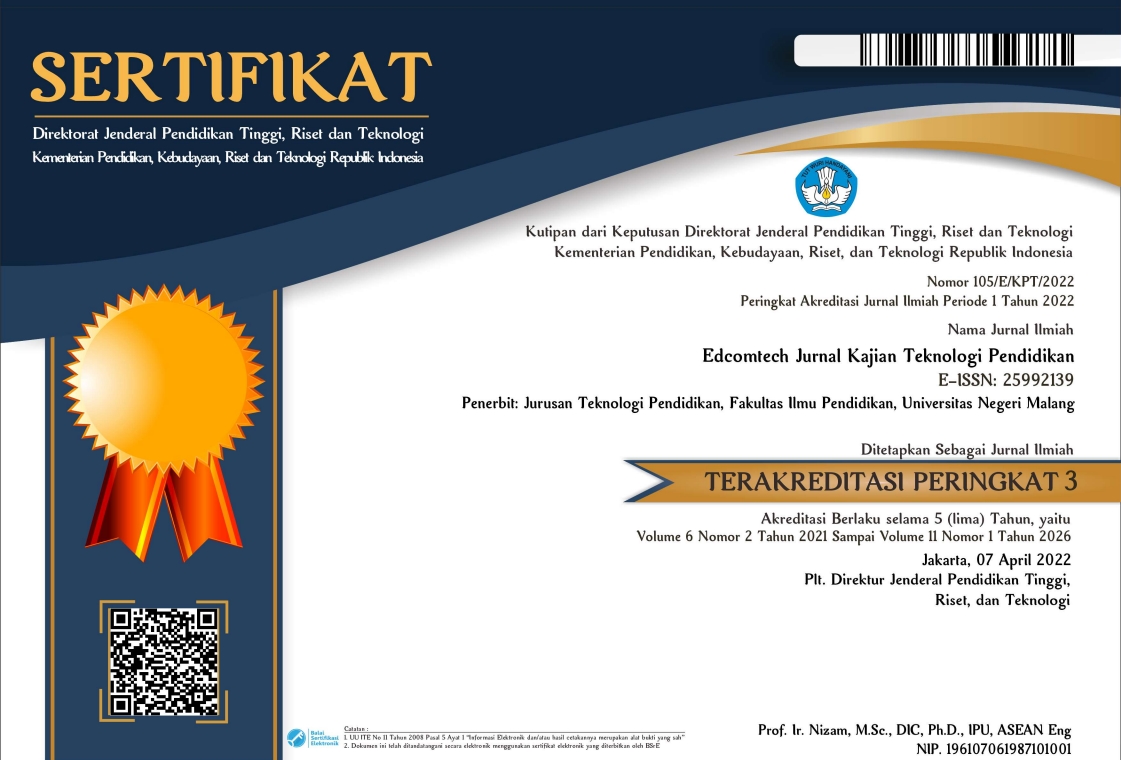

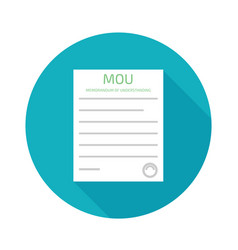

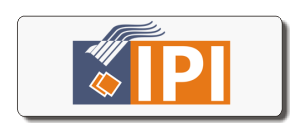

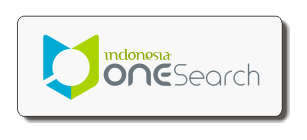



1.png)
